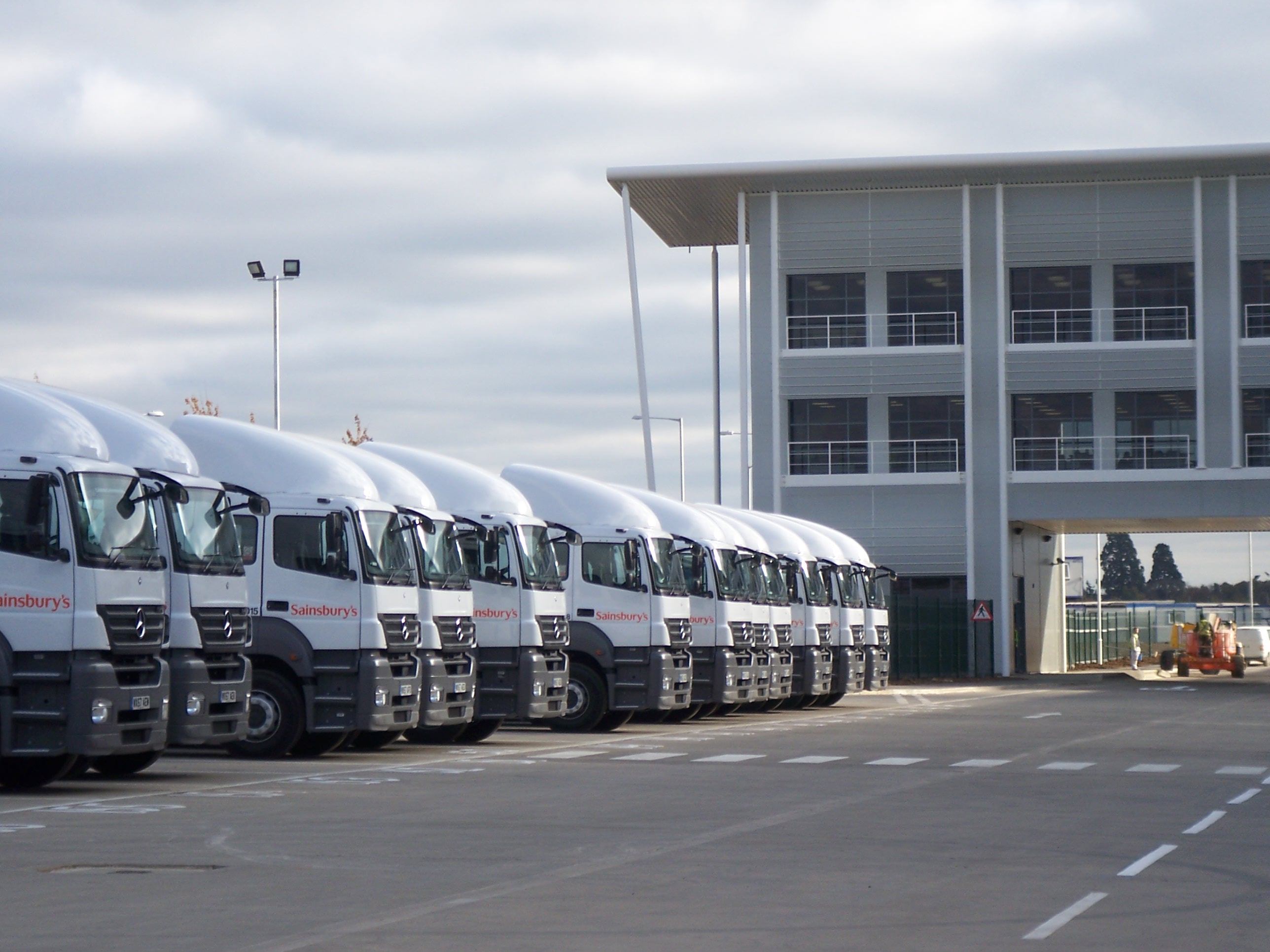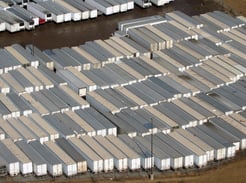Achieving Supply Chain Resilience Through Effective Yard Management

Supply chain resilience has garnered attention since the pandemic hit businesses across the globe. Supply chain digitalization has helped increase visibility and topped boardroom conversations as companies looking to build resilient supply chains turn to technology to mitigate the impact of any future disruptions.
Many companies have invested in digital business and supply chain systems, such as modern warehouse management systems, enterprise resource planning (ERP) systems, and planning software. But one crucial area that is often overlooked is yard management. All the efficiencies gained with the help of multiple investments in the digital supply chain will struggle to give excellent results if the yards are not a part of this journey.
The global supply chain is always prone to disruptions due to its length, multiple nodes, and related complexities. Organizations worldwide struggle with supply disruptions, inventory mismatches, frequent and unexpected delays, workforce constraints, rising transportation costs and inflation, and unpredictable consumer demand. Historically, yard management has been the weakest link in the end-to-end supply chain, with many companies still relying on low-tech or manual solutions to manage their operations.
As a result, they incur high costs in the form of higher labor, demurrage, detention costs, delayed turnarounds, lost or misplaced trailers, and excess inventory, among other factors. They also fail to meet customer expectations on service and visibility. It creates a dent on the brand image and diminishes the company’s ability to differentiate itself from the competition. Amid these challenges, here are ways to improve the resilience of your supply chain by leveraging effective yard management. This post will focus on yard management systems and how they can help improve your supply chain resilience.
Streamlining Inventory to Improve Service Levels
A yard management system allows shippers and carriers to schedule shipments, get real-time visibility into trailer locations, and monitor load status. Effective inventory management leads to lower costs, improved flow, and stock levels. It can offset and avoid many costly issues caused by today's supply chain disruptions.
Yard management solutions work hand in hand with inventory management software and ERPs that tracks current inventory and stock levels, manages suppliers, and forecast supply needs. This visibility makes keeping backup or buffer stock easier without hampering other yard operations. Companies that use storage containers to extend their warehousing space can secure inventory and minimize losses, enabling faster order fulfillment or warehouse replenishment.
Process Automation to Create Efficiency
The automation from yard management systems can make a big difference in boosting supply chain resilience. Examples include conveyors and automatic guided vehicles. Automating check-ins and checkouts and loading and unloading reduces labor dependency, costs, and congestion and improves productivity. Businesses can get excellent visibility and control from when a truck arrives in the yard until the second it checks out. The data and visibility of all the operations in between provide opportunities to improve efficiency.
With reduced dependency on manual labor, companies are less susceptible to disruptions from sudden labor shortages. With stabilized systems, they can reduce the number of temporary staff needed during peak seasons, reducing the cost impact on the business. Of course, this is not to say that employees will be entirely replaced; but businesses can deploy their workforce for more productive tasks.
Utilizing Locations in Space Planning
 Yard "locations" are among the most underutilized in space planning. Space management does not get the maximum amount of attention it ought to. Optimizing space is the best bet for businesses to increase sales, experience faster picking and shipping processes, and reduce labor costs.
Yard "locations" are among the most underutilized in space planning. Space management does not get the maximum amount of attention it ought to. Optimizing space is the best bet for businesses to increase sales, experience faster picking and shipping processes, and reduce labor costs.
With optimal space planning with yard management systems, staff can trace equipment quickly and without challenges. The added advantage is that with data from these systems, visibility is real-time, and assets are traced in real-time. Delays are minimized, and the TAT of operations in the yard improved.
Prioritizing Sustainability
Supply chain resilience can be achieved by focusing on sustainable practices. Sustainability reduces costs in the longer term and creates a positive brand image for the business. Companies can achieve significant benefits in the yard by improving the efficiency of their operations, vehicles, and machinery. Yard management software can streamline processes and reduce labor and overhead costs while meeting sustainability goals for the company and lowering demurrages, time wastage, and energy costs.
In conclusion, achieving supply chain resilience through effective yard management is crucial for businesses looking to mitigate the impact of future disruptions. With the right yard management system, companies can gain real-time visibility into trailer locations, monitor load status, reduce labor dependency, and optimize costs. Businesses can enhance their supply chain resilience by prioritizing yard management and gaining a competitive edge in customer experience. As the global supply chain continues to face disruptions, investing in yard management systems is a smart decision for businesses looking to build a resilient and sustainable supply chain.
Visit C3 Solutions to request a demo today!
